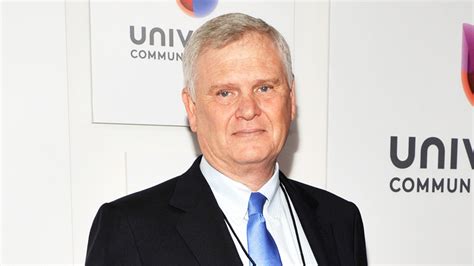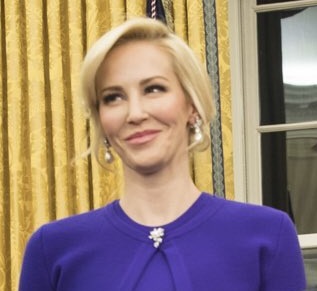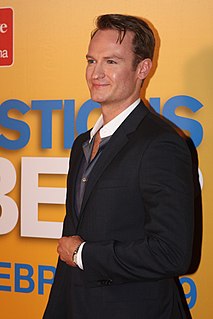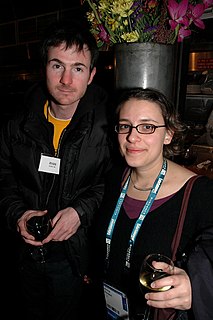A Quote by Randy Falco
Back in 1975, we were making all the decisions about what people were going to watch.
Related Quotes
Go back to the Bible, the Old Testament. I mean there were people who we would call intelectuals, there, they were called prophets, but they were basically intelectuals: they were people who were doing critical, geopolitical analysis, talking about the decisions of the king were going to lead to destruction; condemning inmorality, calling for justice for widows and orphans. What we would call dissident intelectuals. Were they nicely treated? No, they were driven into the desert, they were imprisoned, they were denounced. They were intelectuals who conformed.
It's hard to describe to people how terrible it was when you could only watch cartoons at a certain time in your life. But no, I would watch all of them - the Warner Bros. cartoons and the Bugs Bunnys and then the Tex Avery stuff. Looking back on it, they were so incredibly subversive for their time. You'd think, "Oh, they're just making jokes and this or that." But when you watch them as an adult, you think, "Oh no, they were talking about some pretty deep stuff."
Gareth [Edwards] was very much about including everyone in what we were making, so he would cut together different scenes to show us what we were making. And the crew, cast, everyone would go into a theater there at Pinewood Studios and watch 10 minutes of what we were making. It was always so exciting. It looked amazing, and the music was huge.
Addictions [...] started out like magical pets, pocket monsters. They did extraordinary tricks, showed you things you hadn't seen, were fun. But came, through some gradual dire alchemy, to make decisions for you. Eventually, they were making your most crucial life-decisions. And they were [...] less intelligent than goldfish.
That's a spiritual lifestyle, being willing to admit that you don't know everything and that you were wrong about some things. It's about making a list of all the people you've harmed, either emotionally or physically or financially, and going back and making amends. That's a spiritual lifestyle. It's not a fluffy ethereal concept.
I was the last one of nine kids - eight girls and me last - and my sisters were going out. They were teenagers. And as they were getting ready, I would sit on the bathtub and watch them put on makeup and transform themselves - you know, putting on clothes and giggling about the boys they were going to meet and everything. So for me, that was an amazing thing - the fact of transforming themselves.



































